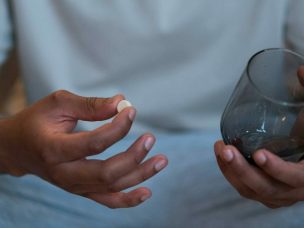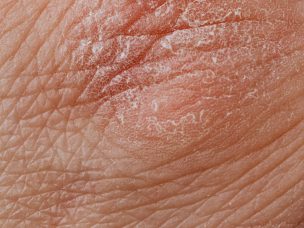The current understanding of ADHD assumes that many children with ADHD outgrow it by adulthood, but this longitudinal study shows that remission and recurrence are common in most children as they age.
It is currently estimated that childhood attention deficit hyperactivity disorder (ADHD) remits in adulthood in around 50% of cases. However, this conclusion is usually based on single endpoints, without properly considering longitudinal patterns of ADHD expression. This article, published in the American Journal of Psychiatry, seeks to investigate the extent to which children with ADHD experience recovery and different patterns of remission as they enter and move through adulthood. The study is based on data from 553 children in the Multimodal Treatment Study of ADHD who underwent 8 assessments over follow-ups ranging from 2 years to 16 years after baseline.
The authors found patients with fully remitted, partly remitted, and persistent ADHD at each time point. These findings were determined on the basis of parent, teacher, and self-reports of ADHD symptoms, treatment utilization, substance use, and mental disorders. Longitudinal patterns of remission and persistence of ADHD were identified that took into consideration both context and timing. A total of about 30% of children with ADHD experience full remission at some point during the follow-up period, but 60% experienced recurrence of ADHD symptoms after an initial period of remission. Only 9.1% showed recovery by the study endpoint, and only 10.8% showed stable persistence.
The authors conclude by noting that these data go against the notion that 50% of children with ADHD outgrow it by adulthood, instead demonstrating the way that ADHD fluctuates and changes between childhood and adulthood. Although some periods of remission are common, the vast majority, about 90% of all children in the study, continued to experience some symptoms into adulthood.
Sibley, M. H., Arnold, L. E., Swanson, J. M., Hechtman, L. T., Kennedy, T. M., Owens, E., Molina, B. S. G., Jensen, P. S., Hinshaw, S. P., Roy, A., Chronis-Tuscano, A., Newcorn, J. H., & Rohde, L. A. (2022). Variable Patterns of Remission From ADHD in the Multimodal Treatment Study of ADHD. American Journal of Psychiatry, 179(2), 142-151. https://doi.org/10.1176/appi.ajp.2021.21010032










